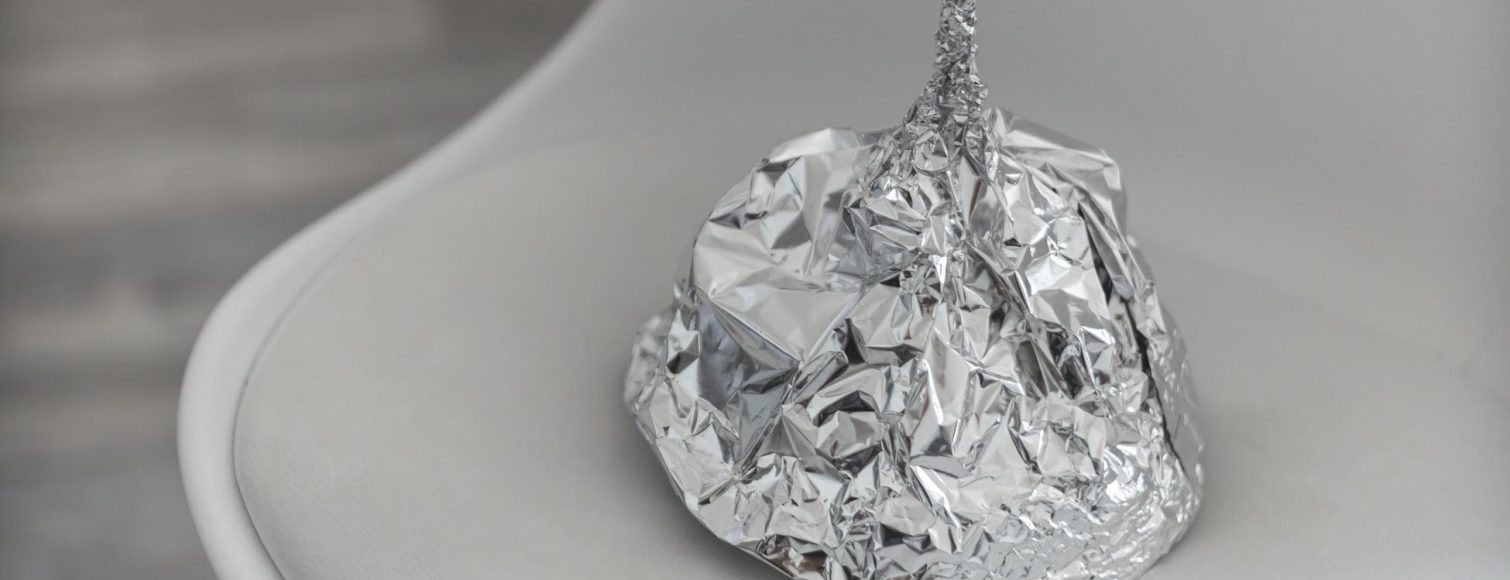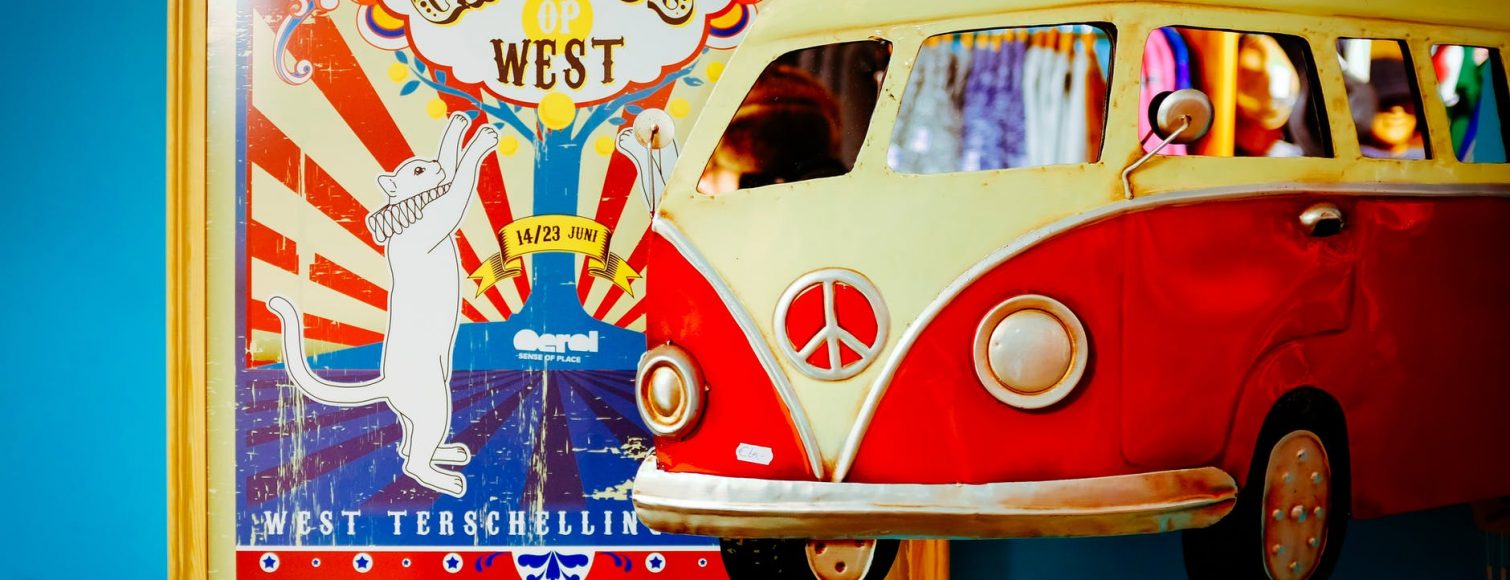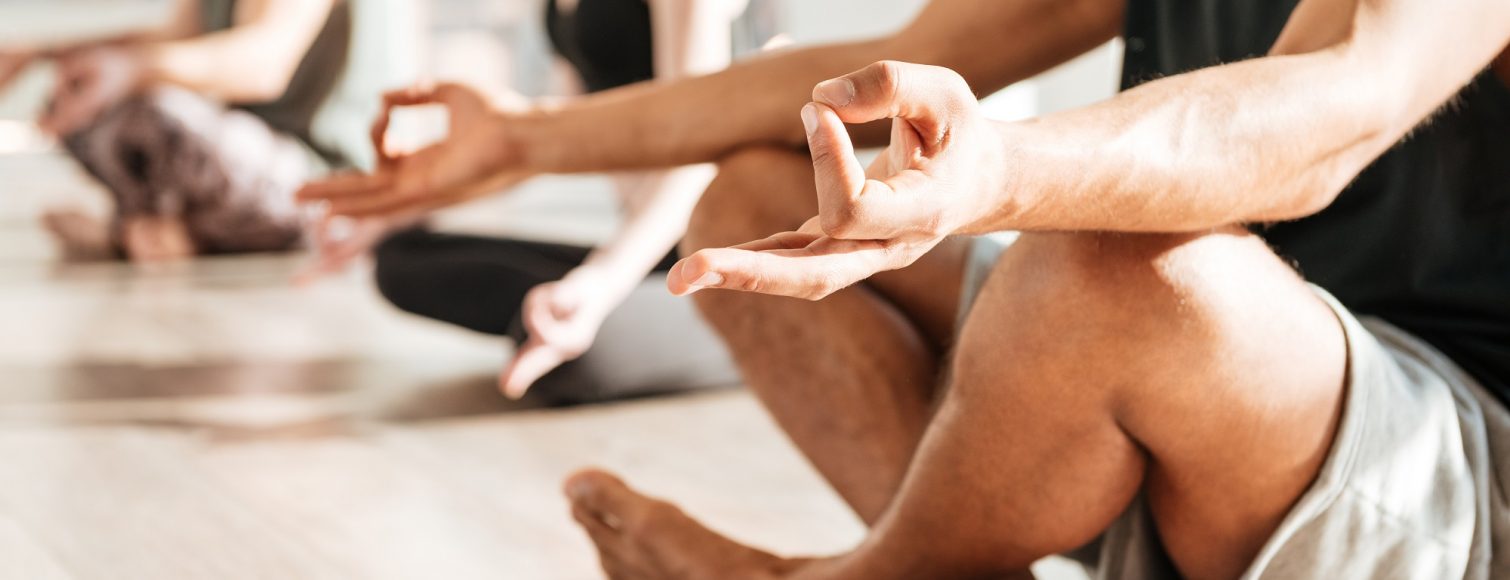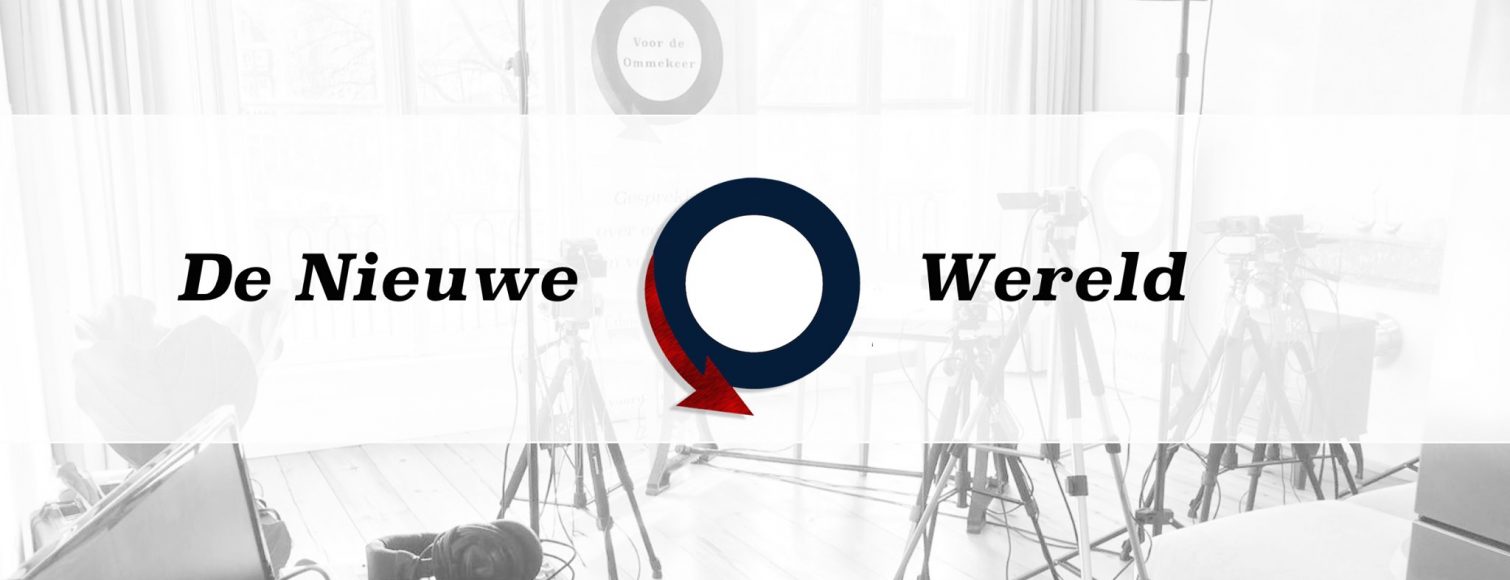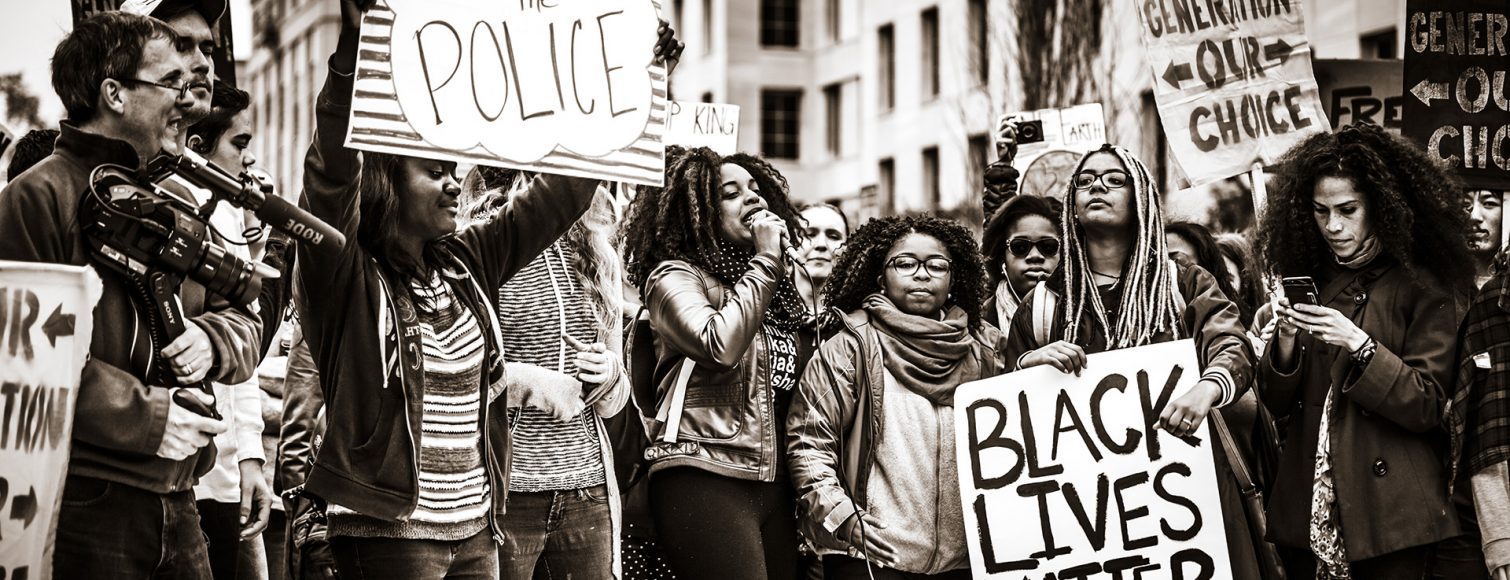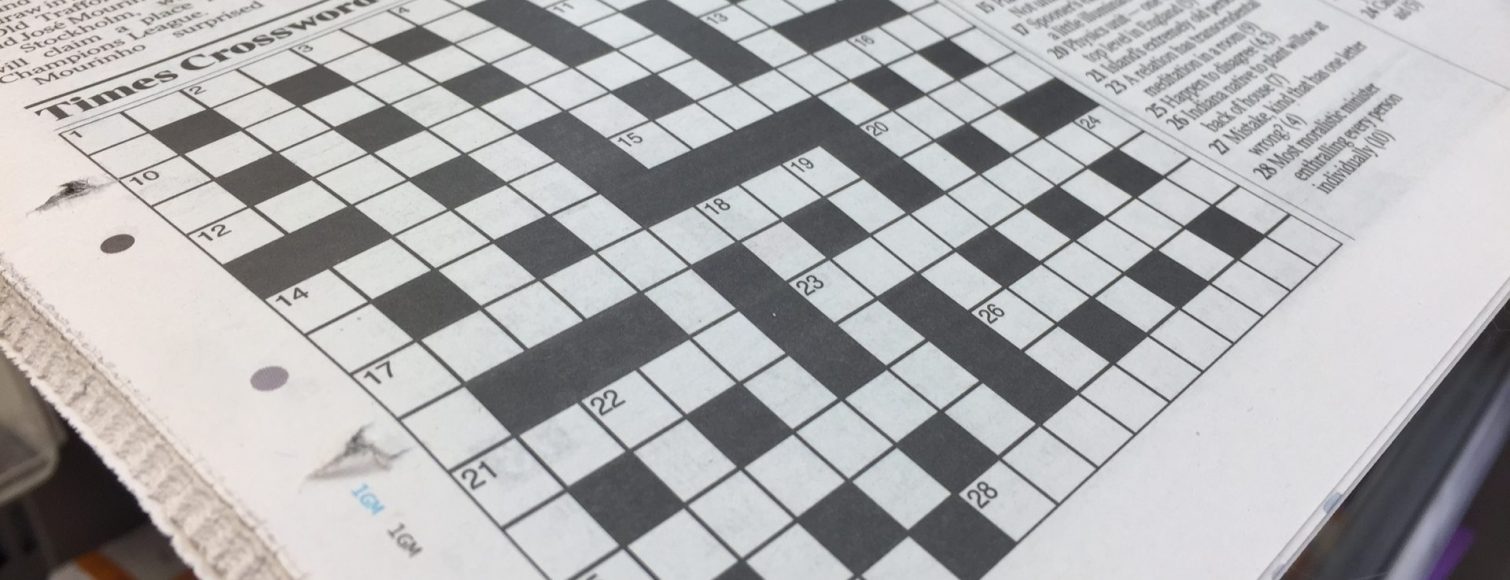Tuesday’s post: The Roots of Inequality
|
Tuesday 23 June | The Roots of Inequality
Racism, police brutality, and oppression in the US and around the world are being massively protested in spite of – and perhaps in part because of – coronavirus restrictions.
Harvard philosopher and activist Cornel West paints a broad picture of what he sees as the causes of these protests. His interview in Middle East Eye describes America as a failed social experiment: an imperialist, colonial power that tried and failed to create some wiggle room for democracy, social justice, and equality. Both at home and abroad.
What do you think of his analysis? Do you think we’ll see any changes thanks to the protests?
Studium Generale created a Corona Care Package to make #StayingIn as pleasant as possible. In the following weeks we will share videos, blogs, articles and podcasts within four focus areas: Mental Health, The World After Corona, Arts & Culture and other online events.


